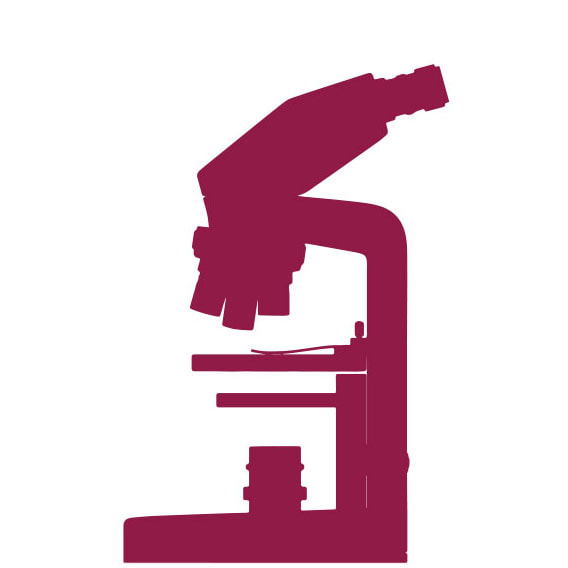Brain Mechanisms of
Pain Health And Mindfulness Laboratory
What We Do
The primary aim of our laboratory is to determine the active neural, psychological, and physiological mechanisms supporting the self-regulation of pain and health. We are particularly interested in targeting said mechanisms to then create and optimize therapies to directly enhance well-being.
Our goal is to identify if changes in consciousness and awareness facilitate stabilized improvements in well-being. How do thoughts, feelings, and the contextual evaluation of our sensory environment affect the biopsychosocial aspects of health? We employ and combine a wide range of tools to answer these questions including but not limited to functional brain imaging, psychophysics, pharmacologic innervation, and psychological assessments.
Our lab is currently running mechanistically focused, placebo-controlled clinical trials to examine the effects and mechanisms supporting self-regulatory approaches (i.e. mindfulness), natural product assisted therapies (psilocybin; cannabis), and the potential combination of these emerging therapies to target a spectrum of health outcomes such as chronic pain, trauma, and cancer.
Our goal is to identify if changes in consciousness and awareness facilitate stabilized improvements in well-being. How do thoughts, feelings, and the contextual evaluation of our sensory environment affect the biopsychosocial aspects of health? We employ and combine a wide range of tools to answer these questions including but not limited to functional brain imaging, psychophysics, pharmacologic innervation, and psychological assessments.
Our lab is currently running mechanistically focused, placebo-controlled clinical trials to examine the effects and mechanisms supporting self-regulatory approaches (i.e. mindfulness), natural product assisted therapies (psilocybin; cannabis), and the potential combination of these emerging therapies to target a spectrum of health outcomes such as chronic pain, trauma, and cancer.







